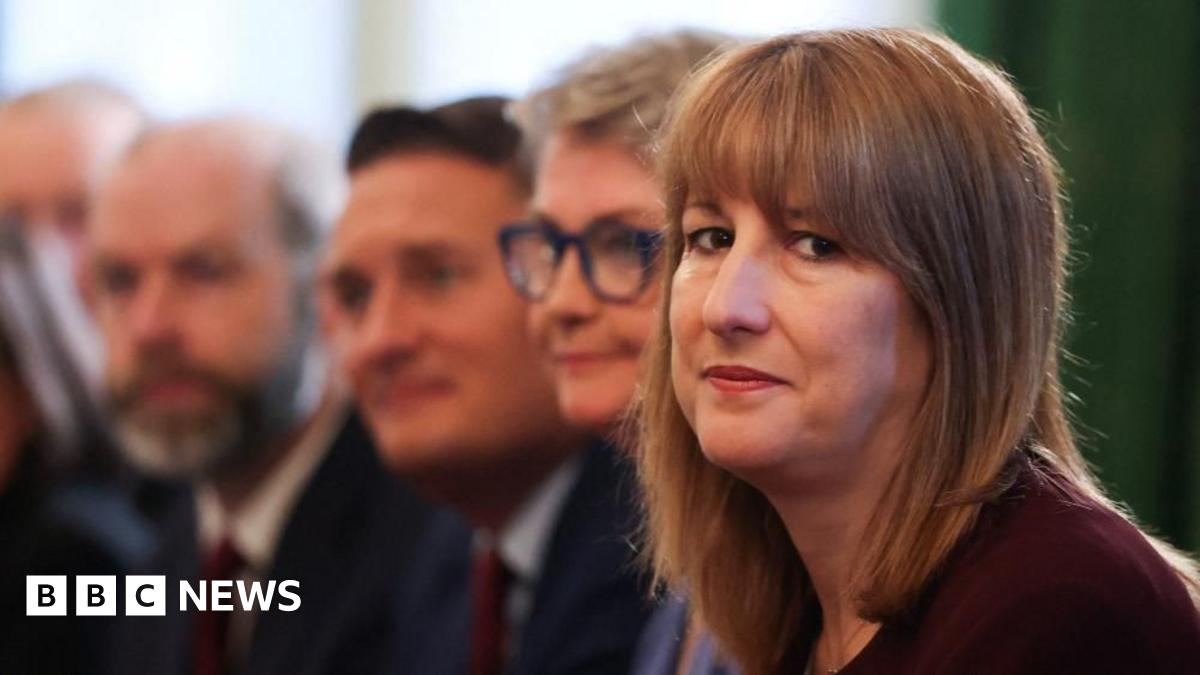The aim of restricting reserve access is to help Reeves stick to her borrowing rules by reducing government borrowing and keep department spending within totals announced at the June Spending Review.
She also warned that any funds borrowed from the reserve would have to be repaid.
The chancellor will outline the government’s tax and spending plans for everything from hospitals and schools to infrastructure and defence in the Budget on Wednesday 26 November.
Economists have previously warned that she will need to lift taxes or make spending cuts to meet her borrowing rules, which include having day-to-day government costs paid for through tax income instead of borrowing by 2029-30.
Head of the Confederation of British Industry Rain Newton-Smith said chancellor “must commit to tax reform, not just tax rises” in an opinion piece in the Guardian, external.
Businesses have faced ongoing cost pressures following April’s increased employer National Insurance Contributions and the National Living Wage as well as continuing price increases.
“The chancellor cannot raid corporate coffers again so she must look elsewhere, embracing long-term strategic tax reforms rather than maintaining a slavish adherence to manifesto promises on tax or ideas based on the world as it was 18 months ago,” Ms Newton-Smith said.
Reeves told her colleagues that the focus over Autumn would be on “reducing inflation, controlling spending and kickstarting growth”.

